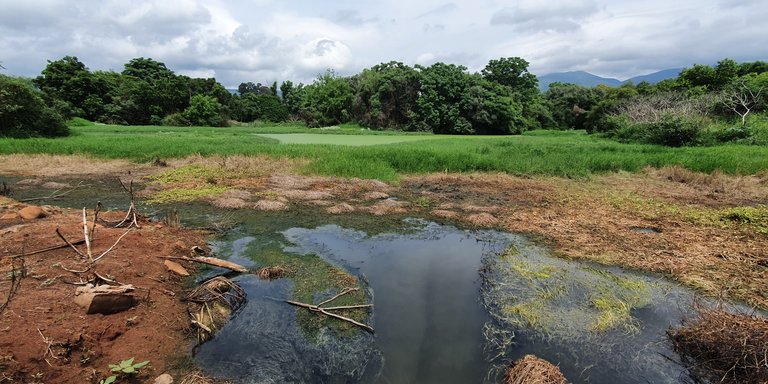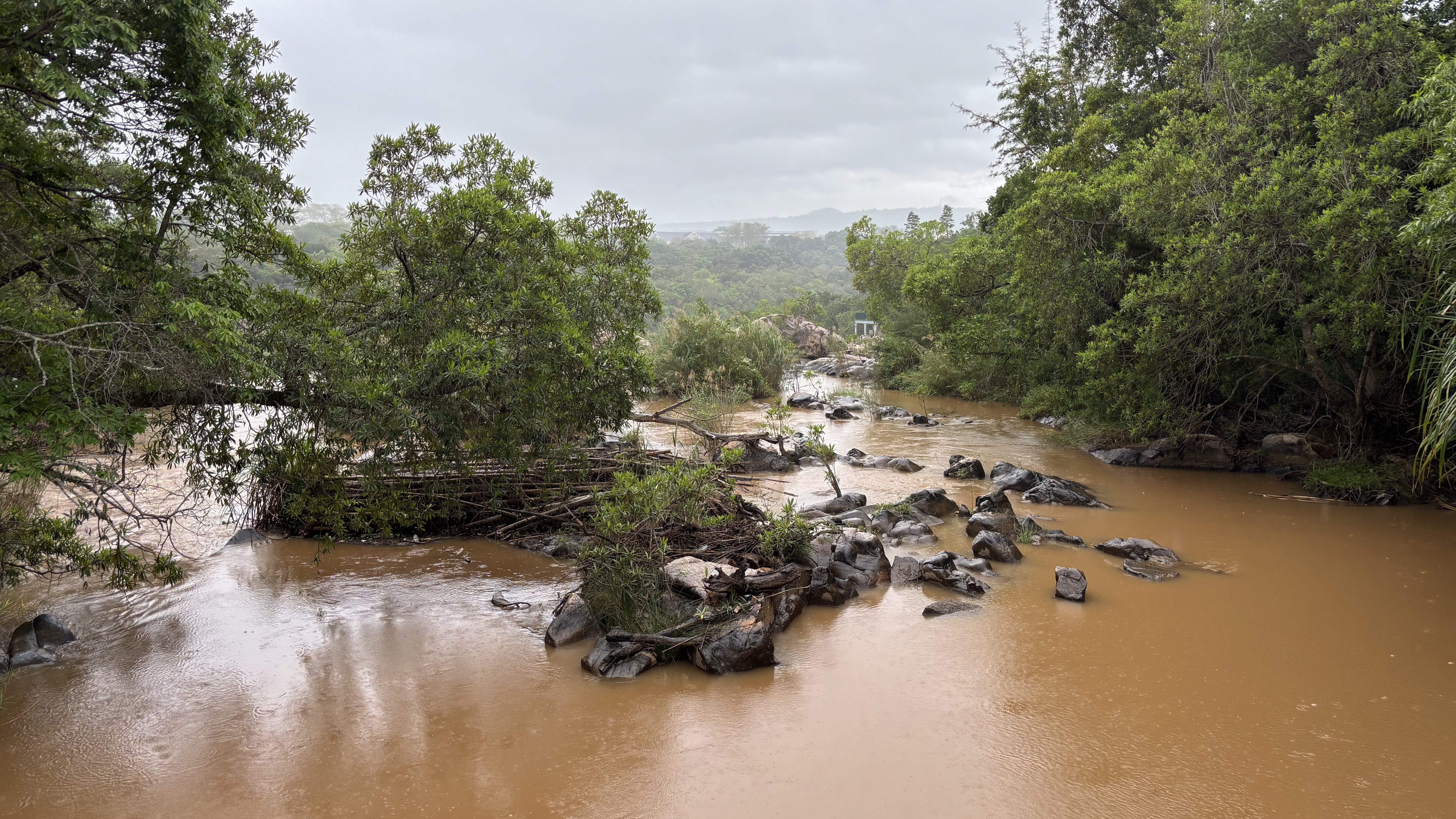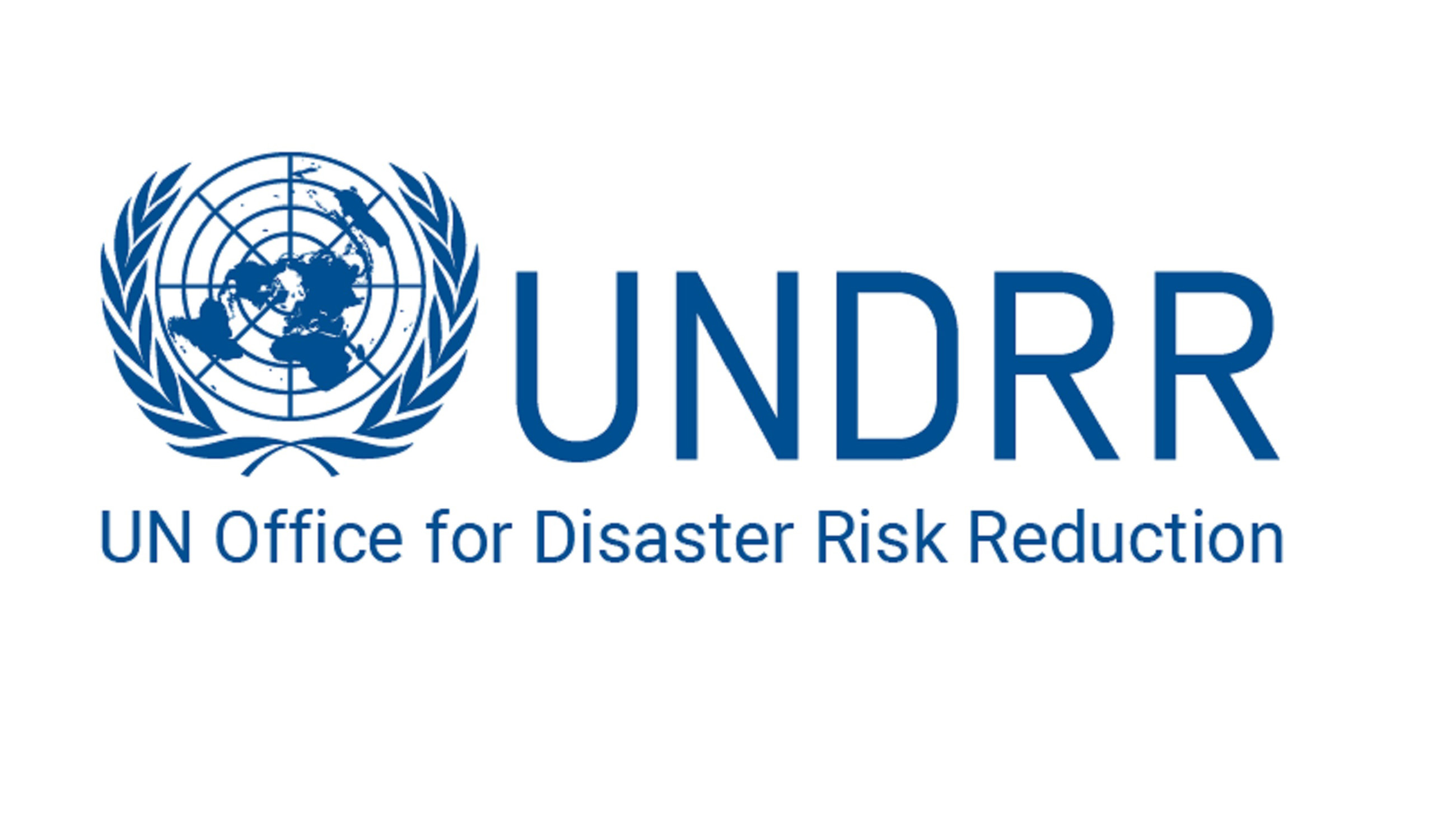
2023 RISK Award: Holistic early warning in South Africa
A holistic early warning system for climate induced-water insecurity in the transboundary Inkomati River Basin
properties.trackTitle
properties.trackSubtitle
News from the project
About the project
The project builds on existing work on water security and integrated water resources management under a changing climate in the Incomati River Basin in southern Africa. This basin, which is shared by South Africa, Mozambique and Eswatini (see map) experiences recurring drought and flood disasters, predicted to worsen under climate change, leading to greater water insecurity. This is likely be accompanied by increased disasters including floods, droughts and a growing threat from water pollution - impacting most acutely on ecosystems (such as wetlands) and the poor and marginalised who are directly reliant on ecosystem services and on run-of-river to meet their livelihood needs.
A number of barriers limit disaster preparedness, placing the burden of risk on the poor leading to increased livelihood insecurity, and displacement in neigbouring Mozambique and Eswatini. This highlights the need for a holistic EWS that enables disaster preparedness. Given the complexities of differentiated threats and risks from a) different water quality constituents and for b) different members of the population, AWARD has developed an integrated water resources management and decision support system known as INWARDS. INWARDS integrates biophysical and socio-economic data and is being further developed to include water quality-health risks. INWARDS is already being used by the Inkomati-Usuthu Catchment Management Agency which oversees water resources management and supports information for disaster planning. It has enabled new practices that have been institutionalised by the water resources managers. A component of INWARDS is the Water Quality-Health Risk module which has the capacity to incorporate an EWS alerting users to changing flows (e.g. floods, droughts) and potential health risks in the catchment. The flood and drought component has been tested elsewhere and is under development in the Crocodile sub-catchment of the project area.
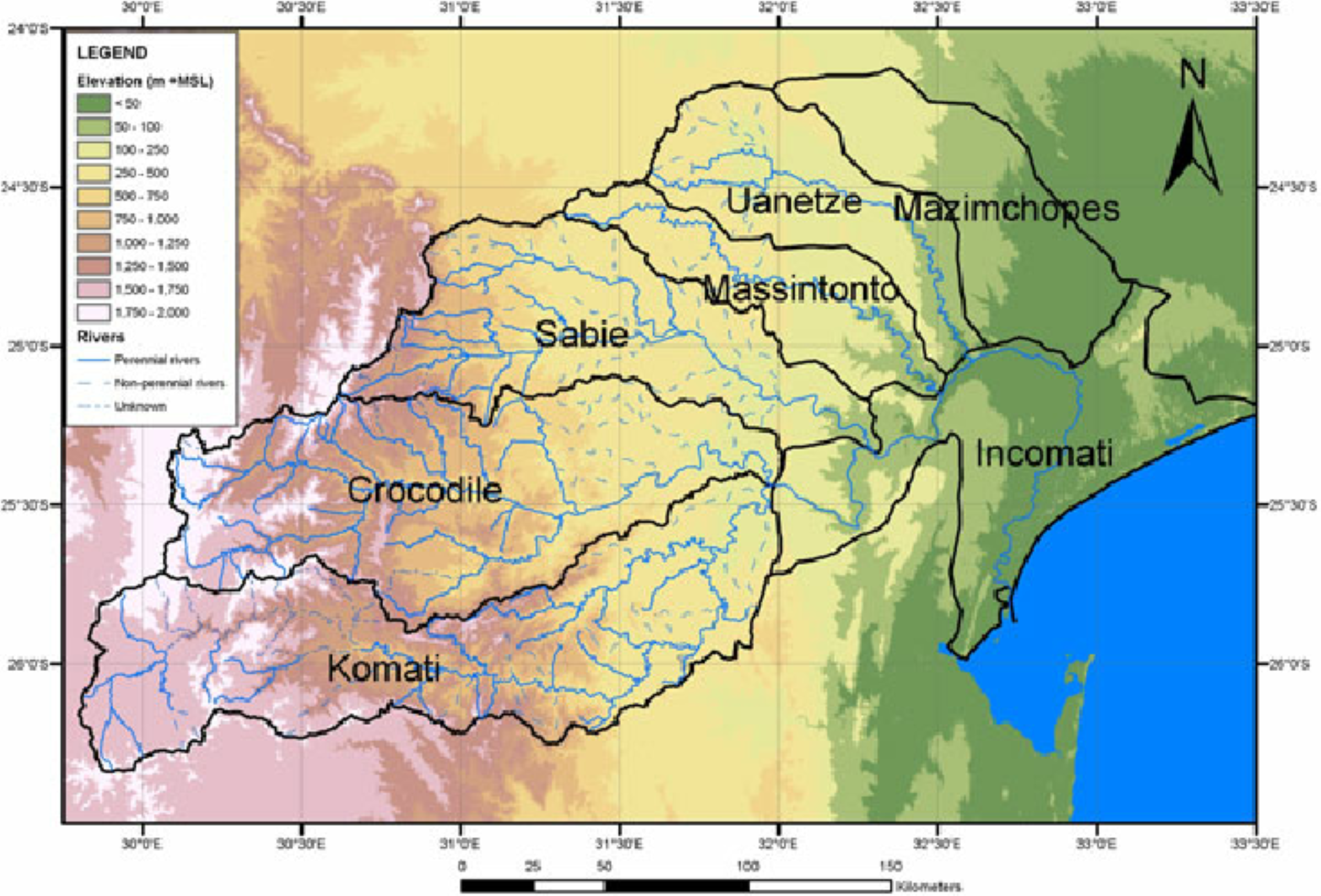
The way forward
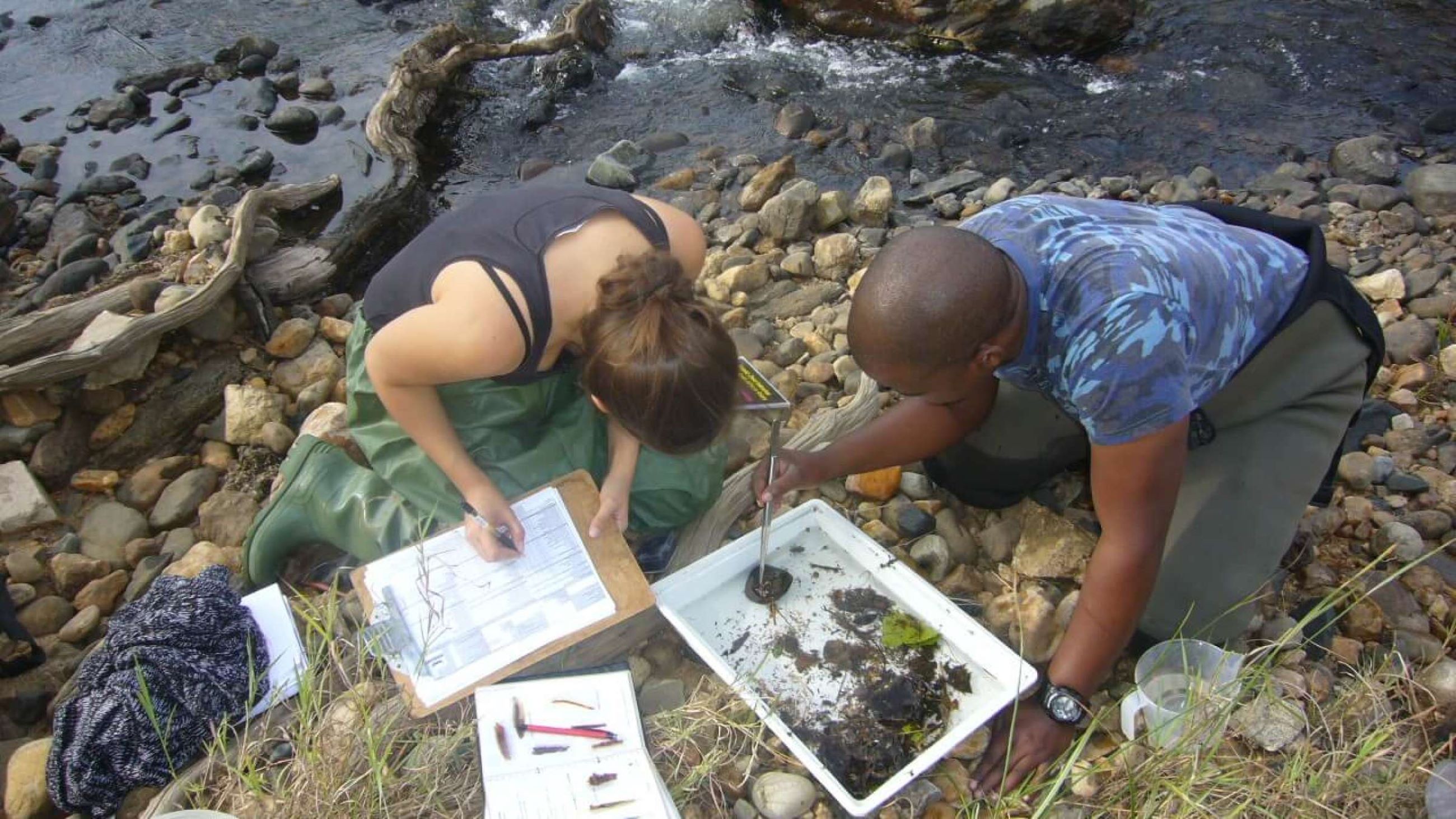
Additional risk factor: pollution
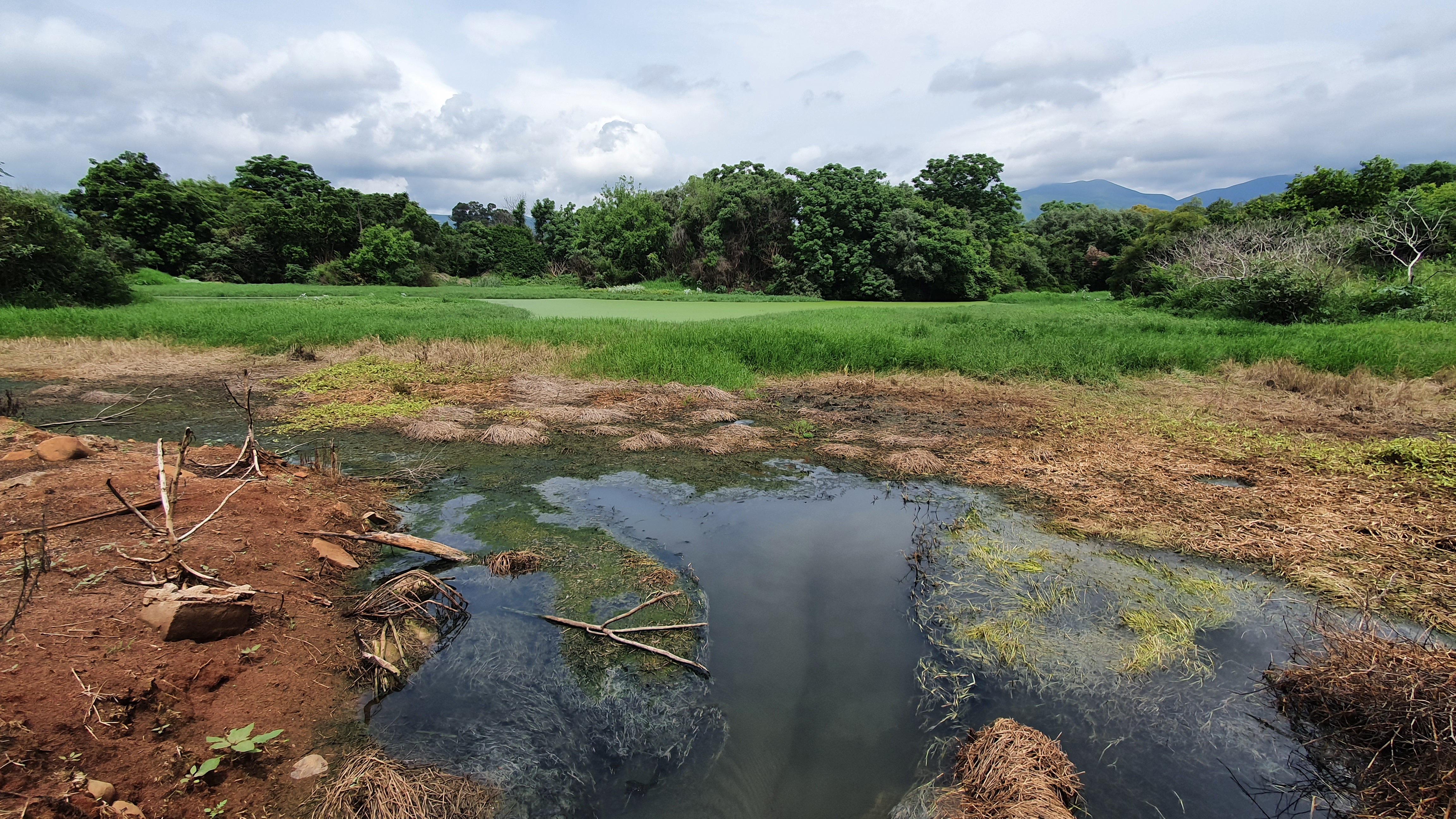
The Munich Re Foundation is looking forward to working with AWARD and the other project partners. The project will officially start on 1 October 2023 and will run for two years. On this page you will find regular updates on the progress under News.
12 July 2023
